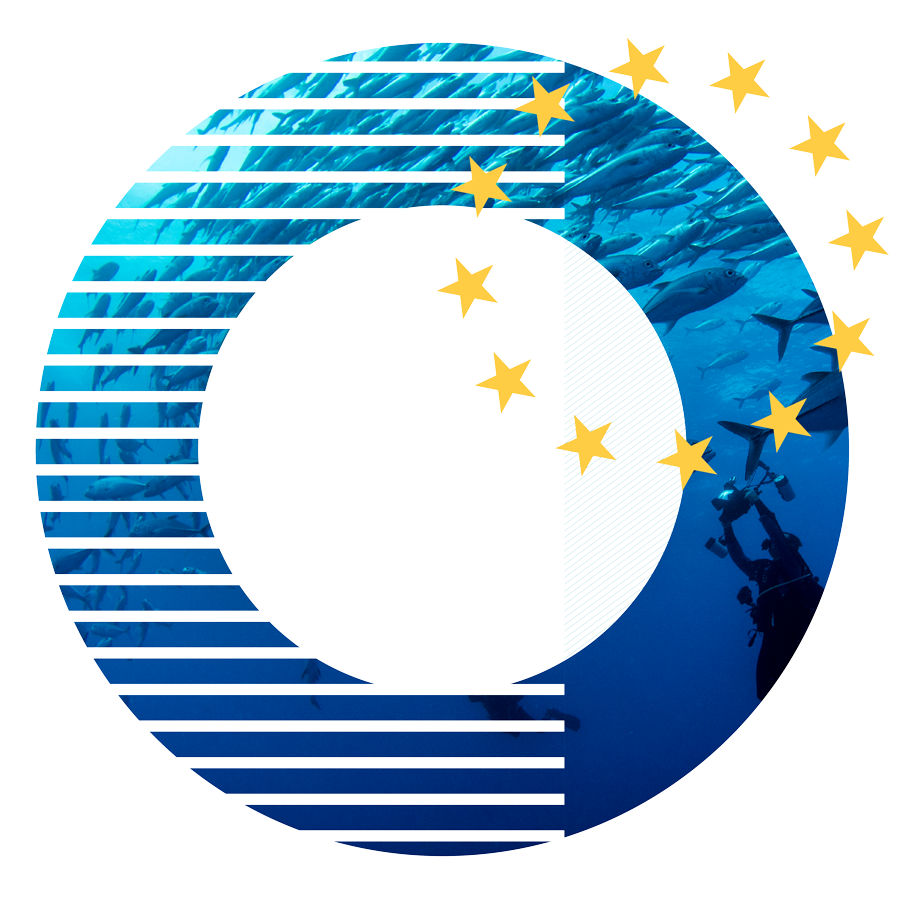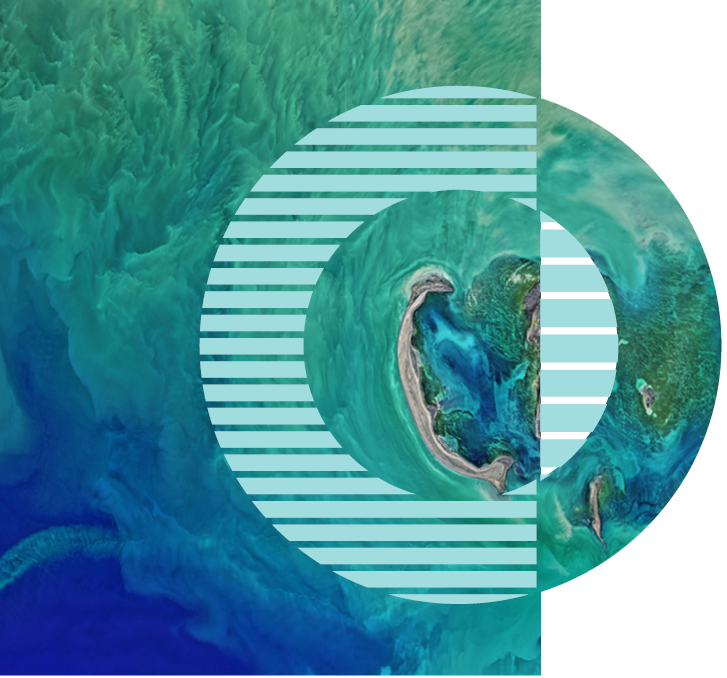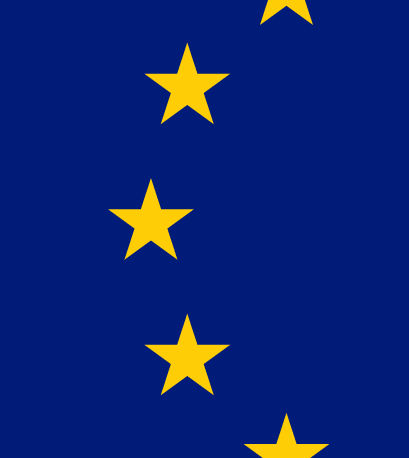
IMAGINE
IMAGINE
A Horizon Europe project
TA-funded services
Not available
Imagine
Technology: omics and imaging

IMAGINE’s mission
IMAGINE is developing and integrating major disruptive microscopy technologies to enable scale-crossing structural and functional investigation of biological specimens in their natural context.
EMBRC’s role in IMAGINE
EMBRC is coordinating Europe’s marine stations to validate and adapt IMAGINE’s next-generation imaging technologies on real ocean samples, fast-tracking them into open, user-ready services for the marine research community.

This project was co – funded by the European Union (GA# 101094250 – IMAGINE).
Views and opinions expressed are however those of the author(s) only and do not necessarily reflect those of the European Union. Neither the European Union nor the granting authority can be held responsible for them.


